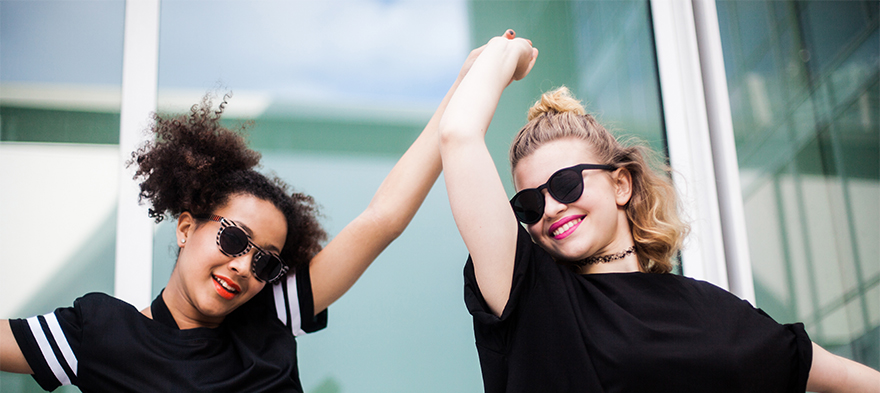
Dec 6, 2016 12:00:00 AM
by Vivett Dukes
Vivett Dukes (nèe Hemans) is in her eighth year as a middle and high school English Language Arts teacher. For her first four years in the DOE, she taught in an all-male, all minority, urban public school in Southside Jamaica, Queens erected for the express purpose of counteracting the pervasive school-to-prison pipeline that disproportionately impacts Black and Brown boys. Currently, she is teaching in a College Board middle and high school also in Jamaica, Queens, where the population of students she serves is diversified on cultural, religious and socio-economic planes. During her time as a teacher within the New York City Department of Education she has served as a member of the Bill and Melinda Gates Foundation's Teacher Advisory Council 2014-2016 cohort, a classroom lab facilitator with Chancellor Carmen Fariña's Learning Partners Program, grade team leader, inquiry team leader, English Department Chairperson and Bethune Teaching Fellow for the New York Urban League. Currently, in additional to teaching seventh-grade English Language Arts, she serves as a Lead Middle School Quality Initiative (MSQI) Reading Across All Disciplines (RAAD) Literacy Teacher, Advisor for the New York Times' Upfront magazine and Scholastic Inc., educational blogger for New York School Talk, and Co-CEO/Co-Founder of SpeakYaTruth.org and One Voice Online Blog Magazine. She also hosts a bi-weekly #SafeSpaceConvos Twitter chat about issues as the forefront of education. At her core, Vivett is a passionate wife, mom, teacher-leader, keynote speaker, public intellectual, social activist, social advocate, and humanitarian who is dedicated to taking her voice outside of the classroom and into the public arena in an effort to elevate authentic conversations and grassroots changes in educational equity and human rights advocacy.
The story you tell yourself about your own math ability tends to become true. This isn’t some Oprah aphorism about attracting what you want from the universe. Well, I guess it kind of is, but...
If you have a child with disabilities, you’re not alone: According to the latest data, over 7 million American schoolchildren — 14% of all students ages 3-21 — are classified as eligible for special...
The fight for educational equity has never been just about schools. The real North Star for this work is providing opportunities for each child to thrive into adulthood. This means that our advocacy...
Your donations support the voices who challenge decision makers to provide the learning opportunities all children need to thrive.
Ed Post is the flagship website platform of brightbeam, a 501(c3) network of education activists and influencers demanding a better education and a brighter future for every child.
© 2020–2024 brightbeam. All rights reserved.
Leave a Comment